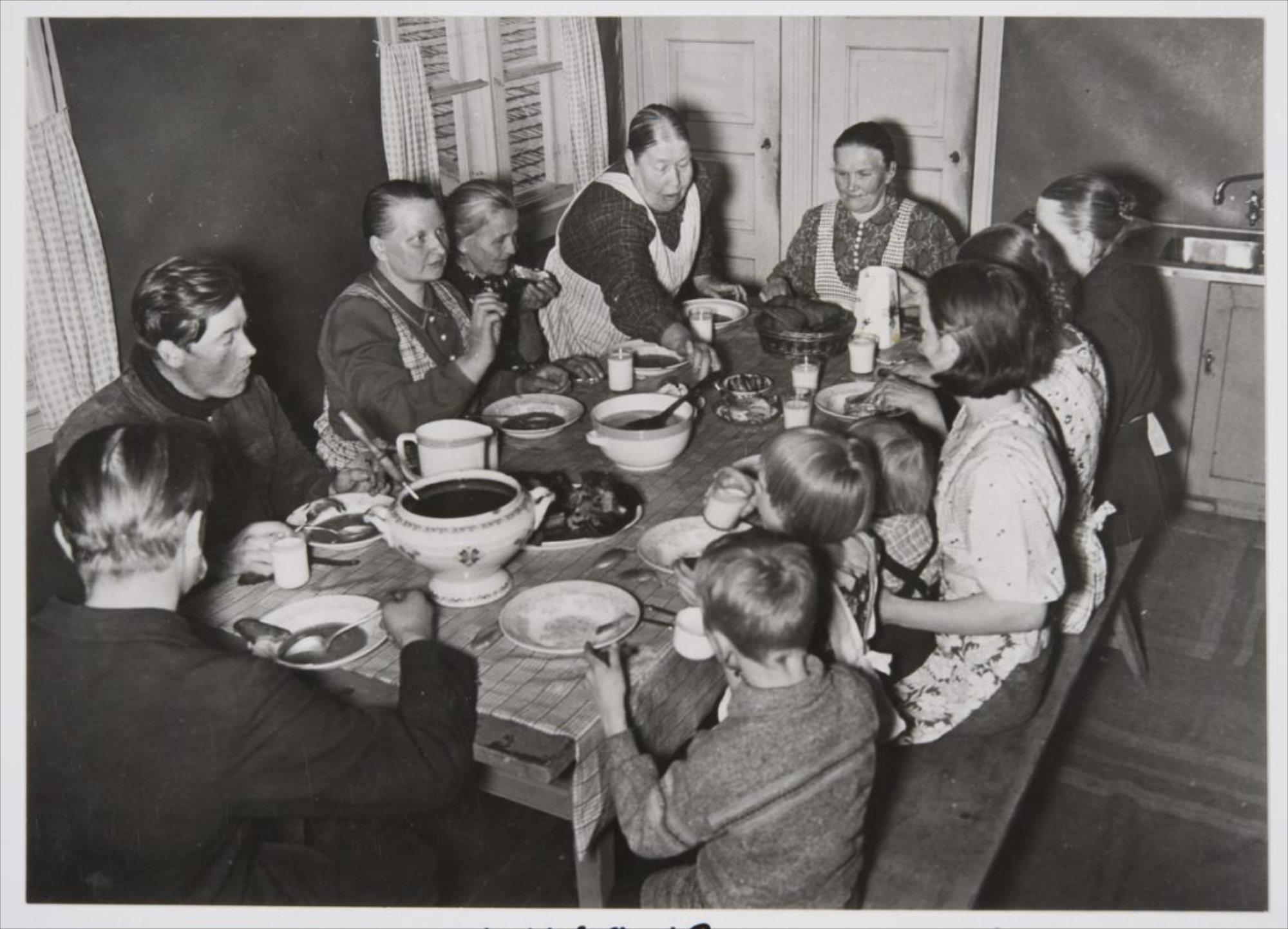Welcome to the Helinä Rautavaara Ethnographic Museum! The museum is located in Espoon keskus, in the Entresse shopping centre. Open Tue-Sun. Free entry!
- Projects
- Stories of Hope, Tools for Change
- From visitor to author
- Activists in Their Own Lives
- Sustainable Cities and Communities
- Espoon keskus NOW
- Moving Memories
- I Am European
- Our Common Climate
- The Road to Participation
- Connecting Memories
- Climate Game On
- Uterne – 100 Objects from the Arrernte Nation
- Durga Puja VR virtual reality experience
- Museum as Asylum
Moving Memories
Information on Crises and Migration

Whenever a crisis has hit Europe, people have migrated, bringing their memories with them. For many centuries people have been telling their stories of migration. What can we learn from the stories of others when we look to the future of our own country?
This two-year project funded by the European Union (EU) supported the evolution of European democracy through new methods of adult learning. In Finland, it focused on the recent past.
In this EU/Erasmus+ project, adult education organisations in Finland, Germany, Greece, Poland, Serbia and Spain worked on a multi-lingual learning platform about transitional periods in the history of each of those countries and how we talk about history today. The Moving Memories (MoMem) project was coordinated by Weltgewandt – Institut fur interkulturelle politische Bildung.
The first topic looked at by the Helinä Rautavaara Museum for this project occurred in the 1940s, when more than 500,000 Finns, who were living in the eastern part of the country, had to leave their homes due to Soviet occupation. People were offered land to farm by sharing common land as well as private property. Many faced harsh discrimination.
A second topic was the period of transition in Finnish history during the 1990s, when the first Somali refugees came to Finland. Methods of teaching history and their results were tested through separate hands-on workshops. The project continually develops the Museum’s skills in adult education. The teaching materials are available for general use on the project learning platform website. The project was realised throughout 2020–2022.
Moving memories Learning platform
About the Moving memories learning platform
Click here for All courses in English
The learning material can also be downloaded as a pdf package. The courses are free and no registration is necessary.
Additional material for Karelian refugees’ memories of resettlement
Lecture 4.1: Memory-work and short life history through intergenerational interview
Online templates for interviewing and writing down memories: